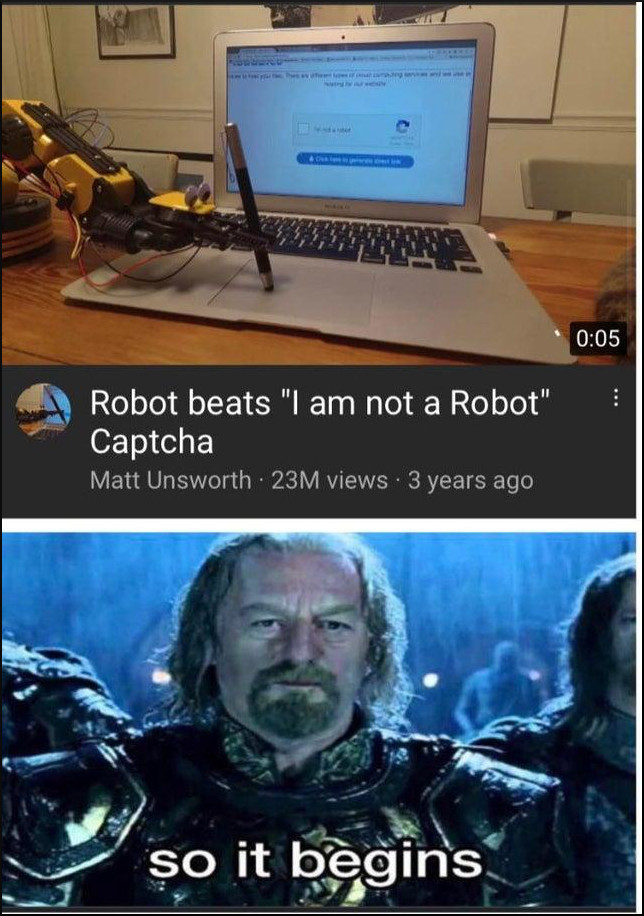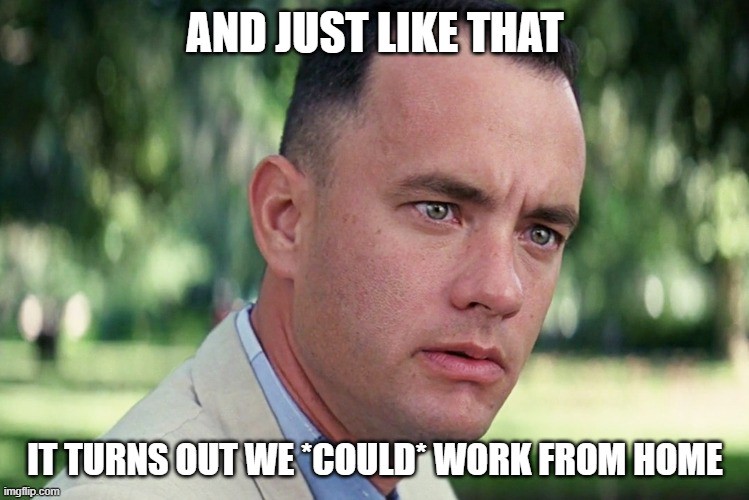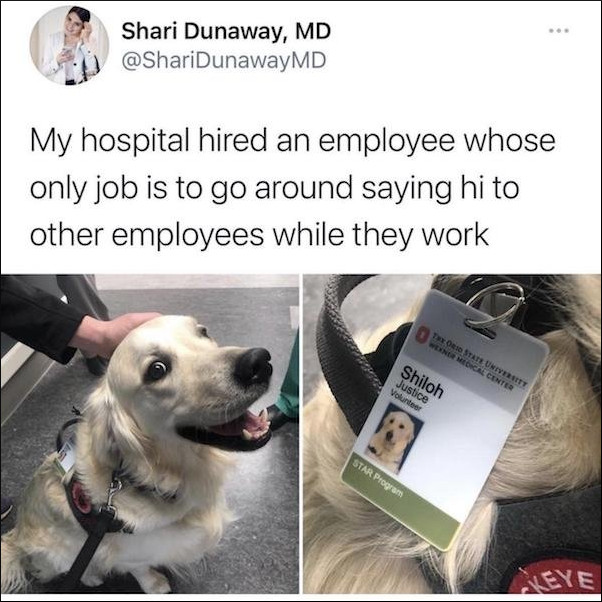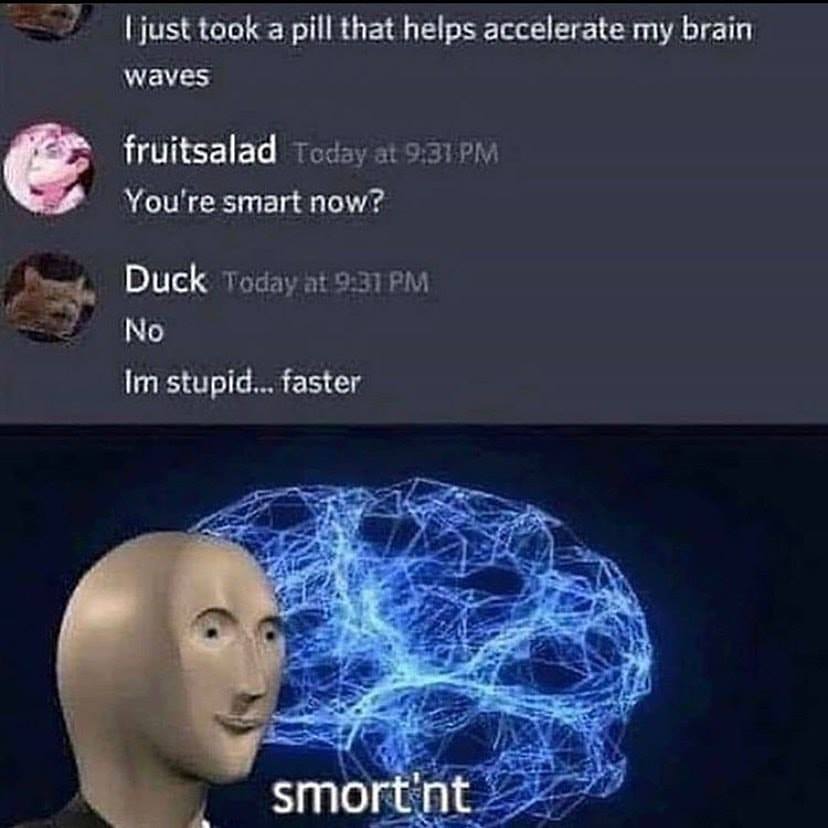
The Editor’s Notes
by Ken Holder
[email protected]
![]()
Attribute to L. Neil Smith’s The Libertarian Enterprise
Let me share one of my favorite works of art,
Saint-Saëns Symphony No 3, performed here by the Orchestre de
Paris conducted by Paavo Järvi:
This music has gotten me though dark times. Hard times. And other times. Times like I’ve never had before, and hope I never have again.
And having returned home from my visit with my daughter & her husband, let me say, while there is no place like home, it gets too damn cold here, and I am going to move to where it doesn’t do that so much. And 6,000-feet altitude is a bit strange, too. I like mountains, but flat-land here I come.
From the “Now We're Getting Somewhere!” file:
Drug reverses age-related cognitive decline within days
by University of California, San Francisco
Just a few doses of an experimental drug can reverse age-related
declines in memory and mental flexibility in mice, according to a new
study by UC San Francisco scientists. The drug, called ISRIB, has
already been shown in laboratory studies to restore memory function
months after traumatic brain injury (TBI), reverse cognitive
impairments in Down Syndrome , prevent noise-related hearing loss,
fight certain types of prostate cancer , and even enhance cognition
in healthy animals.
In the new study, published December 1, 2020 in the open-access
journal eLife , researchers showed rapid restoration of youthful
cognitive abilities in aged mice, accompanied by a rejuvenation of
brain and immune cells that could help explain improvements in brain
function.
[Read More]
[Also at]
Reversal of biological clock restores vision in old mice
‘Reprogramming’ approach seems to make old cells young again.
by Heidi Ledford
Researchers have restored vision in old mice and in mice with damaged
retinal nerves by resetting some of the thousands of chemical marks
that accumulate on DNA as cells age. The work, published on 2
December in Nature1, suggests a new approach to reversing age-related
decline, by reprogramming some cells to a ‘younger’ state in which
they are better able to repair or replace damaged tissue.
“It is a major landmark,” says Juan Carlos Izpisua Belmonte, a
developmental biologist at the Salk Institute for Biological Studies
in La Jolla, California, who was not involved in the study. “These
results clearly show that tissue regeneration in mammals can be
enhanced.”
[Read More]
[Also at]
Gene that protects against osteoarthritis identified
by Jim Dryden, Washington University School of Medicine in St. Louis
Osteoarthritis is one of the most common problems associated with
aging, and although there are therapies to treat the pain that
results from the breakdown of the cartilage that cushions joints,
there are no available therapies to modify the course of the disease.
When the gene involved, FoxO1, is knocked out in mice, the animals
develop osteoarthritis. But when the researchers increase the levels
of the FoxO1 molecule in mice that are developing osteoarthritis, the
animals exhibit less cartilage damage.
[Read More]
And for just interesting news, look at these:
Researchers offer new theory on 'Venus' figurines
by CU Anschutz Medical Campus
One of world's earliest examples of art, the enigmatic 'Venus'
figurines carved some 30,000 years ago, have intrigued and puzzled
scientists for nearly two centuries. Now a researcher from the
University of Colorado Anschutz Medical Campus believes he's gathered
enough evidence to solve the mystery behind these curious totems.
The hand-held depictions of obese or pregnant women, which appear in
most art history books, were long seen as symbols of fertility or
beauty. But according to Richard Johnson, MD, lead author of the
study published today in the journal, Obesity, the key to
understanding the statues lays in climate change and diet.
"Some of the earliest art in the world are these mysterious figurines
of overweight women from the time of hunter gatherers in Ice Age
Europe where you would not expect to see obesity at all," said
Johnson, a professor at the University of Colorado School of Medicine
specializing in renal disease and hypertension. "We show that these
figurines correlate to times of extreme nutritional stress."
[Read More]
So business was the main driver in spreading that new invention “”writing”:
Four Thousand Years Ago, Textile Traders Invented a Basic Social Technology: Mass Literacy
When there's business to be done over long distances, you don't want to depend on a scribe.
by Virginia Postrel
The tablets, known as the Old Assyrian private archives, are about
4,000 years old. They were found in the homes of expatriate merchants
in the city of Kanesh, now the archaeological site called Kültepe.
These letters and legal documents preserve the practices and
personalities of a thriving commercial culture. They are our oldest
records of long-distance trade.
Capturing dilemmas and decisions still faced by commercial
businesses, these ancient records testify to the central role of
textiles in the innovations that enable economic exchange. Here, the
inventions aren't material artifacts or physical processes but
"social technologies": the records, agreements, laws, practices, and
standards that foster trust, ameliorate risks, and allow transactions
across time and distance. Four millennia later, we can still hear the
voices they record.
[Read More]
Thinking outside the box:
27-Year-Old Student Creates Solar Panels
Made From Food Waste That Can Produce Energy Even On Cloudy Days
by Julija Svidraitė
The James Dyson Award is an international design competition that
runs in 27 countries, and it’s here to celebrate, encourage, and
inspire the next generation of design engineers. The competition is
open to university-level students in the fields of product design,
industrial design, and engineering.
This year, the James Dyson sustainability prize landed in the hands
of a 27-year-old Filipino student, Carvey Ehren Maigue, who found a
genius way to turn food waste into energy.
Maigue’s creation that won him the sustainability prize is called
AuREUS, and it’s a system that absorbs stray UV light from sunlight
and converts it to clean renewable electricity—even when the weather
is cloudy. And one of the best things about it all is that his solar
panels are made out of fruit and vegetable waste.
[Read More]
Finally, some sad news indeed:
'I Just Do My Own Thing': Walter Williams, RIP
The self-described "crazy-ass man" and libertarian economist focused on government's role in perpetuating racial inequality.
by Nick Gillespie
I'm saddened to write of the death of libertarian economist Walter E.
Williams. He passed away Wednesday morning at the age of 84, less
than a day after teaching a class at George Mason University, where
he worked for 40 years and helped transform his department into a
highly respected center of free market scholars. A popular syndicated
columnist whose work appeared in over a hundred newspapers on a
weekly basis, he was a long-time contributor to Reason and served as
an emeritus trustee of Reason Foundation, the nonprofit that
publishes this website.
[Read More]
And some funny stuff:
The Birth of Skynet!:
Don’t panic, but five jet drones just used their AI to chat and collaborate while in flight
by Simon Sharwood
Boeing has announced successful tests of “teaming” technology that sees autonomous aircraft fly together while sharing information.
Tests in Australia saw five surrogate jet aircraft equipped with “advanced autonomy technology, including on-board command and control and data sharing capabilities” that allowed the planes to chat as they flew.
[Read More]
And:













So stay deplorable, my friends!
Was that worth reading?
Then why not:
![]()
|
Support this online magazine with
|
AFFILIATE/ADVERTISEMENT
This site may receive compensation if a product is purchased
through one of our partner or affiliate referral links. You
already know that, of course, but this is part of the FTC Disclosure
Policy
found
here. (Warning: this is a 2,359,896-byte 53-page PDF file!)
L. Neil Smith‘s The Libertarian Enterprise does not collect,
use, or process any personal data. Our affiliate partners,
have their own policies which you can find out from their websites.
